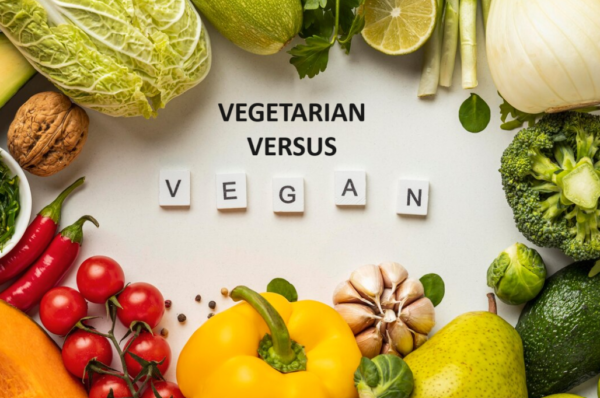Understanding Veganism and Vegetarianism Two plant-based diets that have grown in popularity recently are veganism and vegetarianism. While vegetarians may still consume eggs and dairy, vegans abstain from all animal products. If sufficient preparation is made, both diets may be nutritionally balanced. While vegetarianism provides a more flexible approach, veganism is often adopted for ethical […]
